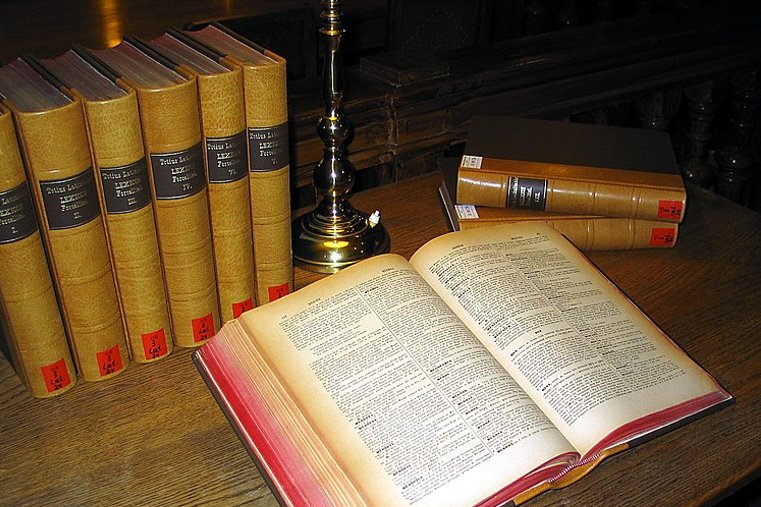Our civilization depends largely on paper.
–Pliny the Elder
Pliny the Elder (23 – 79 AD) was a lawyer and Roman provincial governor who is best known as the compiler of what we would recognize as an encyclopedia, one of the very first. Naturalis Historia filled 10 volumes covering astronomy, geography, anthropology, zoology, botany, pharmacology and mineralogy as well as a myriad of subtopics. Pliny knew something about the value of paper to civilization.
It goes without saying that paper is what made it possible for Pliny’s entire encyclopedia to be available to those living now nearly 2,000 years after his death. If at the time Pliny had been able to place his whole encyclopedia on a DVD or flash drive and had forgone creating a printed version, would we know anything about his encyclopedia today?
The 2,000th anniversary of Pliny’s birth was marked last year by the discovery of a complete papyrus in an ancient tomb near Cairo which contained text from the Egyptian Book of the Dead. It has apparently been more than a century since the last complete papyrus was discovered. This latest one comes from a tomb that is more than 4,000 years old. Such is the staying power of papyrus.
I was reminded of the importance of paper in civilization by Branko Milanovic’s piece on the abolition of paper. He thinks that history is slowly sinking below the electronic waves that now bring practically all our daily information to us. It is not lost on me that I am writing this piece for a blog, the existence of which will not survive the demise of Blogspot. But I am far more concerned about the great literature, histories, scientific treatises, and even the information in engineering textbooks which carry the basic knowledge upon which our technology-driven civilization relies for its functioning.
Many years ago I witnessed the complete renovation of the public library in my town. I watched with dismay as various seemingly incompatible materials were attached to its facade. It seemed to me as if the contractor had run out of one material and simply gone on to use something else that was lying around the supply yard at a local hardware store and done this more than once. This is what was called “modern architectural design.” The result was something of a cross between a Norman fortification and a modern glass and steel office building with incongrous patches of various materials here and there.
I asked an acquaintance who had served the city so well with his beautiful restorations of many old homes and other historical buildings what he thought of this monstrosity. He surprised me by saying he very much liked the design. I asked him what he imagined the purpose of a library to be. He said it is an “information center” and this new design comported with that purpose in the (at the time) emerging digital age. I told him that I think of libraries as “repositories of memory” and this building didn’t look like it remembered anything–at least not with any fidelity.
I acknowledge that we as a society have dispensed with paper for many mundane tasks such as tickets for airlines and theater productions, many receipts for purchases, and (as the holiday recently reminded me) greeting cards which are now often electronic. I understand that the process of putting words, pictures, data and so on to paper means the felling of more trees. (It is worth mentioning that we know how to make paper from cotton and hemp. Indeed, using hemp might make paper a bit less dangerous to the environment.)
I am suspicious of DVDs and hard drives and cloud servers as conservators of knowledge for future generations. So much of our knowledge that is on paper is now being discarded or no longer updated in printed form. I am convinced that our electricity-driven civilization will one day cease to exist as has been the fate of all past civilizations. When the plug is finally pulled, much of our civilization’s knowledge will evaporate as the electrons stop flowing.
Beyond the words and illustrations in physical publications, there is the feel of the paper as you turn the page. There is the portability of a dense compilation of knowledge and insight that can be lent or given to those with whom we want to share a new or long-held understanding of the world. There is the stability of the page and…there is the ability to learn something without first having to flip a switch.






